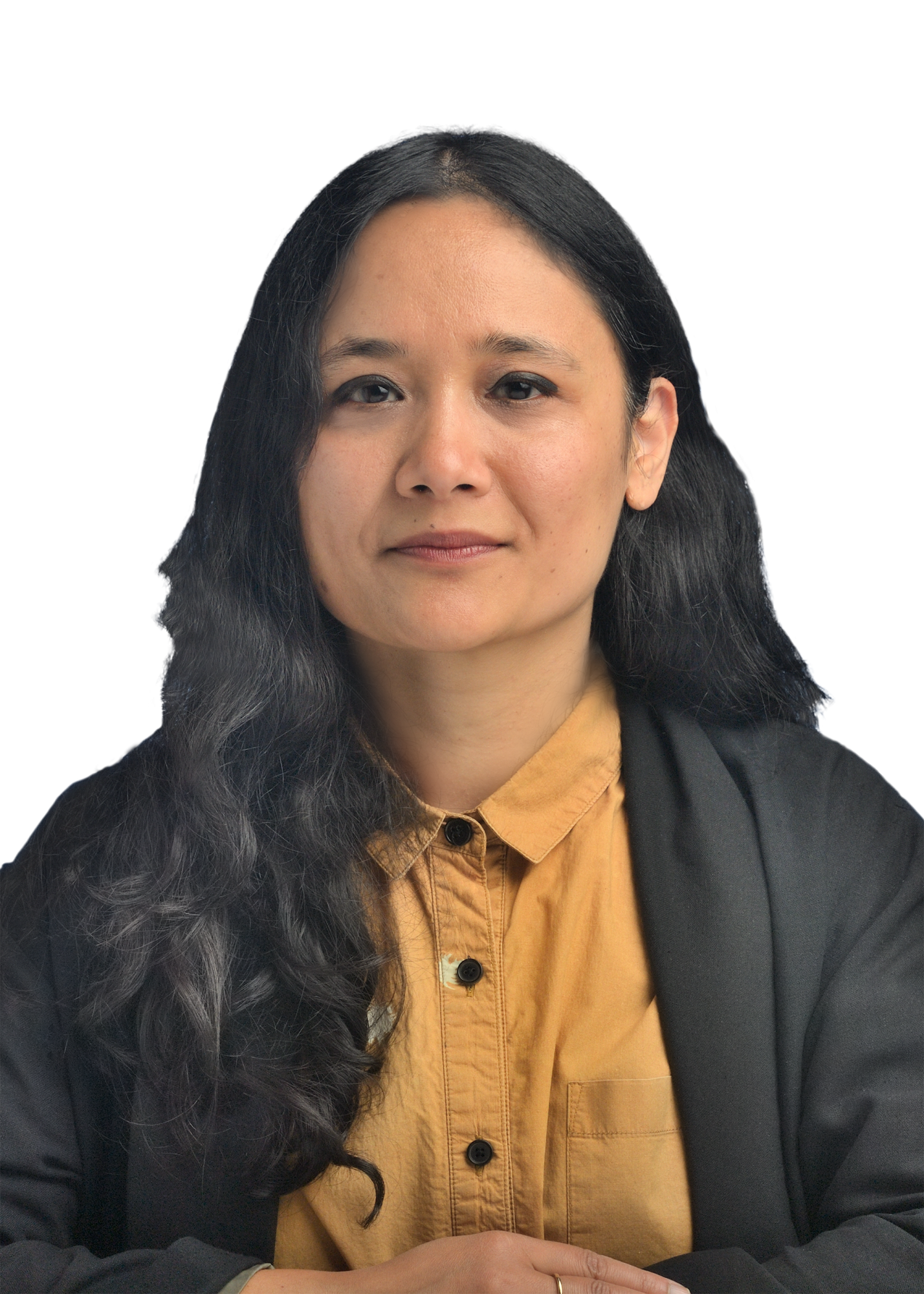Assemblymember Shrestha Announces New Bill and Comments on the Customer Experience Evidentiary Hearing Held in Central Hudson’s Rate Case
Albany, NY – The 10-day hearing on the evidence so far presented by various parties to the Central Hudson rate case concluded on Tuesday, February 6th. On January 31st, Wednesday of last week, Assemblymember Sarahana Shrestha and her team, including the Director of Constituent Services, attended the cross-examination of the Customer Experience panel, held in Albany.
“The work our office is doing in getting constituents to submit bills they can’t understand orthink are incorrect helps to build evidence against Central Hudson’s claim as to how far along they are in resolving billing issues,” said Shrestha, “The sooner the company is able to claim the issues are mostly resolved, which they’ve been doing for a while, the sooner it will be able to start collecting late fees and report ratepayers to collection agencies. At the hearing, Central Hudson confirmed that it has resumed collection for a small group of residential customers with closed accounts that won’t include low-income customers, and that starting July of 2023, such customers have gotten several rounds of communication after their final bill before they’re sent to collection agencies. We can confirm this is the case because we’ve heard from many of those confused constituents who received this type of communication. The company says at this time it doesn’t have a date for how long this policy will apply only to this small group, and that it’s using a slow, measured approach before opening it up to everyone—which is why, by doing outreach to our constituents who may be reluctant to report their issue, we’re focusing on making the case that the customer experience is nowhere near the level where it needs to be for late fees and collections to completely resume.”
Assemblymember Shrestha carries a bill to prohibit late fees and non-payment shut offs when a utility is under a major investigation. The bill is currently in the Corporations committee.
“Through the rate case, we’ve also come to learn that Central Hudson does not identify which of its customers live in communities that have been designated as disadvantaged by the state,” said Shrestha, “Per the state’s climate law, our energy policies must be equitable to such communities, and we of course think steep rate increases and collection activities are the opposite of that. Central Hudson confirmed during the hearing that it did not factor in the disadvantaged community (DAC) designation when selecting the small group for collection activities. I’m introducing a bill, the Disadvantaged Communities Commitment Act, that requires investor-owned energy utilities to identify DACs in their service area, and to make broad-level data on them available to the public, such as how many residential customers in those communities are enrolled in energy assistance programs. Central Hudson reiterated its intention to exclude only low-income customers from the group identified for collection activities, but we think the protections should extend to middle-income customers in DACs.”
The 103rd Assembly District includes several census tracts identified as DACs, including in the City of Kingston, Town of Esopus, Town of Ulster, New Paltz, Red Hook, Saugerties, and more.
“We also learned from the cross examination that though Central Hudson followed up with some of the customers who reported billing issues at the in-person hearings, it did not do so with customers who spoke at the virtual hearings,” said Shrestha, “No real explanation was provided as to why, and it goes to show why we pushed for in-person hearings.
Further questioning clarified that those who call Central Hudson’s customer service team are not able to speak directly with billing technicians who are equipped to look into bills that have more complex billing scenarios, which means that generally speaking, when constituents call Central Hudson with questions or what they think is a billing error, they’re not going to get a reliable or satisfying answer on the spot. When one cross-examiner presented the panel with a Central Hudson bill, the company’s representatives themselves were not able to explain the charges and credits, which shows the need for customers to be able to directly speak with employees who have a good grasp of how to understand and analyze these bills.
Following the evidentiary hearing, we expect the Administrative Law Judges presiding over the case to make a recommendation, in which case our office, other parties to the case, and the public will have an opportunity to comment again. I recommend subscribing to our office’s email newsletter list to get notifications when that happens, and we anticipate the rate case will go on for several more months.”
Residents can subscribe to the newsletter at: https://nyassembly.gov/mem/Sarahana-Shrestha/enews/
Assemblymember Shrestha is the only State legislator who is party to the rate case. Of the parties who made an original testimony in opposition to the rate increases, Central Hudson did not request to cross examine the Assemblymember.
The Assemblymember’s district office is located at 324 Washington Ave, Suite 1, in Kingston, and can also be directly contacted via email, district103@nyassembly.gov, or phone, 845-338-9610. To ensure you can be seen in a timely manner, you are encouraged to make an appointment.
